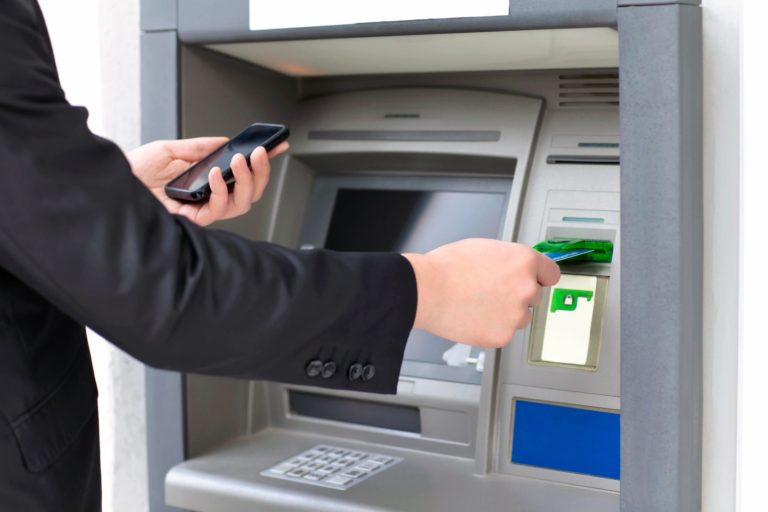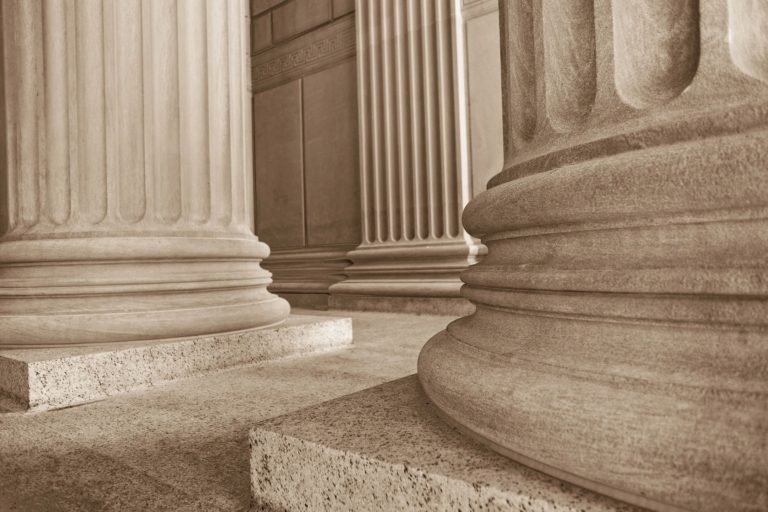Financial inclusion is the term used for efforts to make basic banking and financial products safe, affordable, and available to the broadest set of people.
One common measure of financial inclusion is the rate of people being banked or unbanked. The Federal
Deposit Insurance Corporation (FDIC) defines unbanked as no
one in a household having a checking or savings account at a
bank or credit union.
When a person owns a transaction account that offers the ability to deposit paychecks and pay bills that is economic inclusion.
About one-third of unbanked people don’t have a bank account because they lack enough money to meet the minimum balance.
Underbanked is used to describe people with bank accounts who regularly use alternative financial services.
Many formerly incarcerated people have reduced access to traditional banking services. Too often, households are denied credit, and families with formerly incarcerated people int hem have higher rates of being unbanked. They tend to use money orders, check cashers, and credit services instead of traditional banks.
Those who seek a bank account after their release face too many challenges. They usually do not have an official form of identification and/or a permanent address, which banks require to open an account under Customer Identification Program. Formerly incarcerated persons often lack the most
common forms such as a current driver’s license or passport. People with records are also less likely to have any credit history, or the information is too old. People who leave jails and prisons are not issued an ID and if they had one before it could have been lost or expired
upon release. Getting a replacement requires
documents such as birth certificates, Social
Security cards, and a document with signature
and/or photo.
Cashing a check is a basic need for people. Non-bank services include high fees and do little to connect people to other financial services that can improve financial well-being.
Here’s where prepaid cards, including reloadable
general-purpose cards or payroll cards can help. They allow people to sign up for automatic deposit and engage in limited ATM or point-of-purchase transactions. That can then expand to full checking accounts, overdraft services, and credit.
Banks need to start creating products and services that allow a wide range of people to access the financial products and services they need to achieve financial
stability and security.
Examples of this would be deciding to waive consideration of a history of account mismanagement, referring applicants
with older prior offenses to legal services to expunge court records, and helping people who may have had dormant accounts.
Banks can be more flexible around identification, including allowing prison documents to meet primary
identification requirements in the absence of other documents.
Efforts to make basic banking available to the formerly incarcerated are being made
- 09/08/2022
- 10:15 am
admin
Thinker & Designer
Share on facebook
Share on twitter
Share on pinterest
Share on reddit
Recent Posts

10 August, 2022
Mitchell Hamline School of Law in St. Paul, Minn. this summer accepted their first incarcerated student....

09 August, 2022
Financial inclusion is the term used for efforts to make basic banking and financial products safe, affordable,...

08 August, 2022
According to NYN Media, New York City should work with unions and re-entry providers to provide work...

05 August, 2022
Southern California is based on a reputation for offering its citizens the promise of education, jobs,...

04 August, 2022
After the murder of George Floyd ignited nationwide protests, corporate America promised to take an active...

03 August, 2022
President Biden signed Executive Order 13985 on his first day in office. That order advances racial equity...

02 August, 2022
In the wake of the killing of George Floyd and amid calls for greater social justice, the U.S. stock...
No posts found



